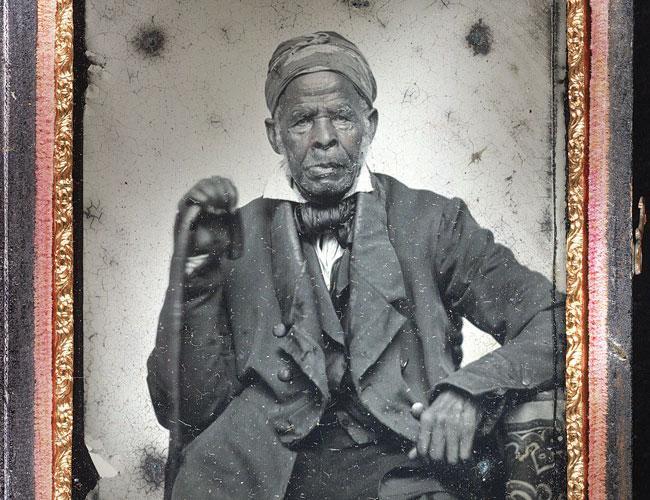
The U.S. has made the “only known surviving slave narrative written in Arabic” in the country available on the internet.
According to a statement by the Library of Congress on Jan. 14, the Omar Ibn Said Collection consists of 42 original documents including a 15-page autobiography.
As one of the rare examples of a personal story of a slave written by himself, this unique collection of texts acquired in 2017 shed light on the early history of Islam and Muslims in the U.S.
In 1831, Omar Ibn Said described his experiences and shared his intriguing rags to riches story in the autobiography.
“It is a historically unique and important primary source for thos trying to understand the connections between the Muslim communities in Western Africa and the slaves who continued to practice Islamic faith after being captured during the Atlantic slave trade,” said the statement.
“This rare collection is extremely important because Omar Ibn Said’s autobiography is the only known existent autobiography of a slave written in Arabic in America,” said Mary-Jane Deeb, chief of the African and Middle Eastern Division at the Library of Congress. “The significance of this lies in the fact that such a biography was not edited by Said’s owner, as those of other slaves written in English were, and is therefore more candid and more authentic.”
“Although the Omar Ibn Said Collection is recognizable, it has been moved between different private owners and even disappeared for almost half a century,” said Librarian of Congress Carla Hayden.
“To have it preserved at the Library of Congress and made available to everyday people and researchers across the world will make this collection an irreplaceable tool for research on Africa in the 18th and 19th centuries and will shed light on the history of American slavery.”
The collections will be discussed in a special program hosted by the library during the celebration of African American History Month on Feb. 5.